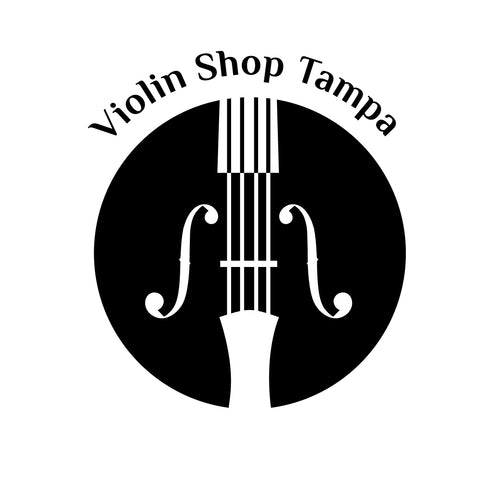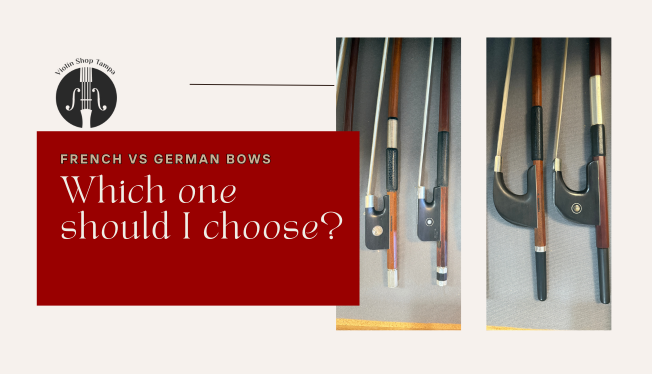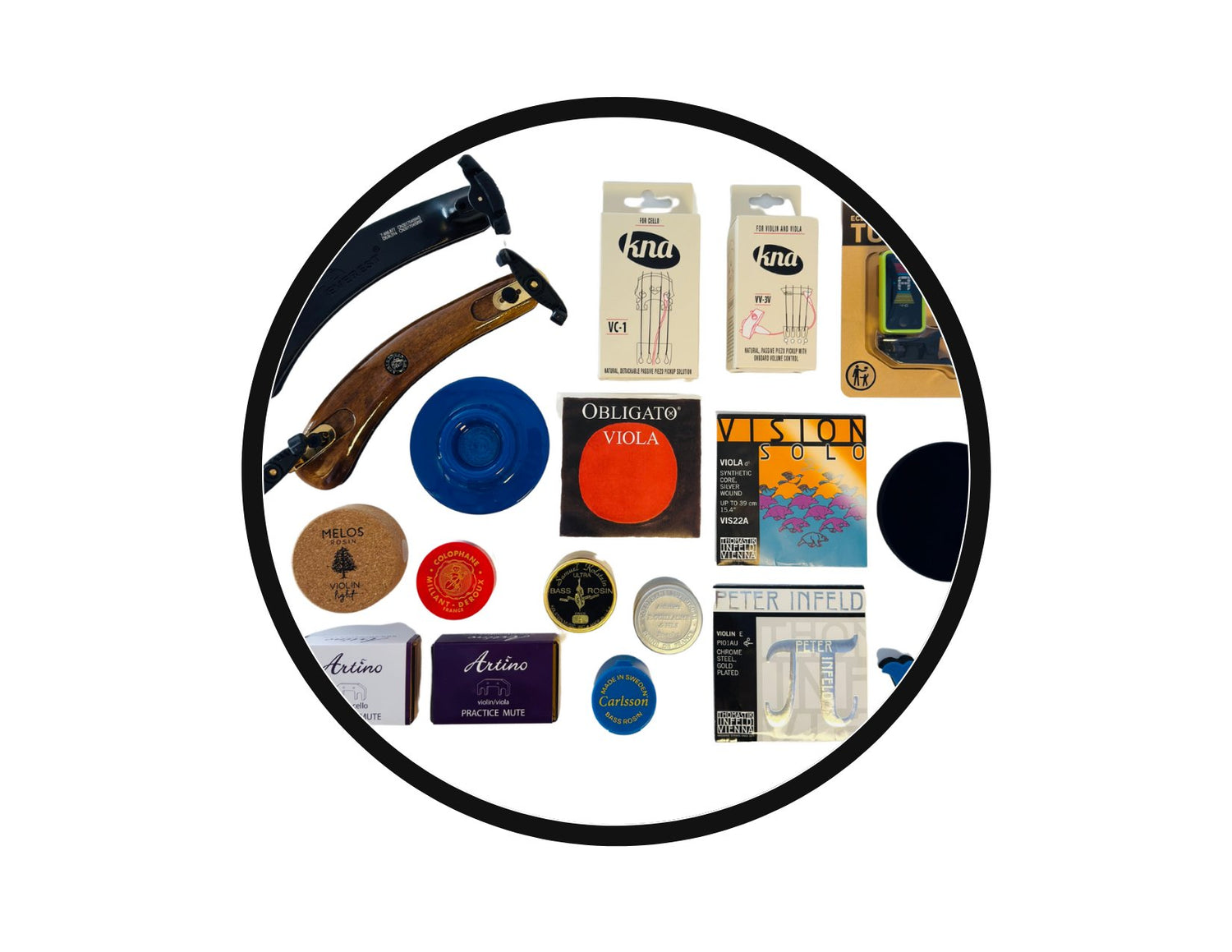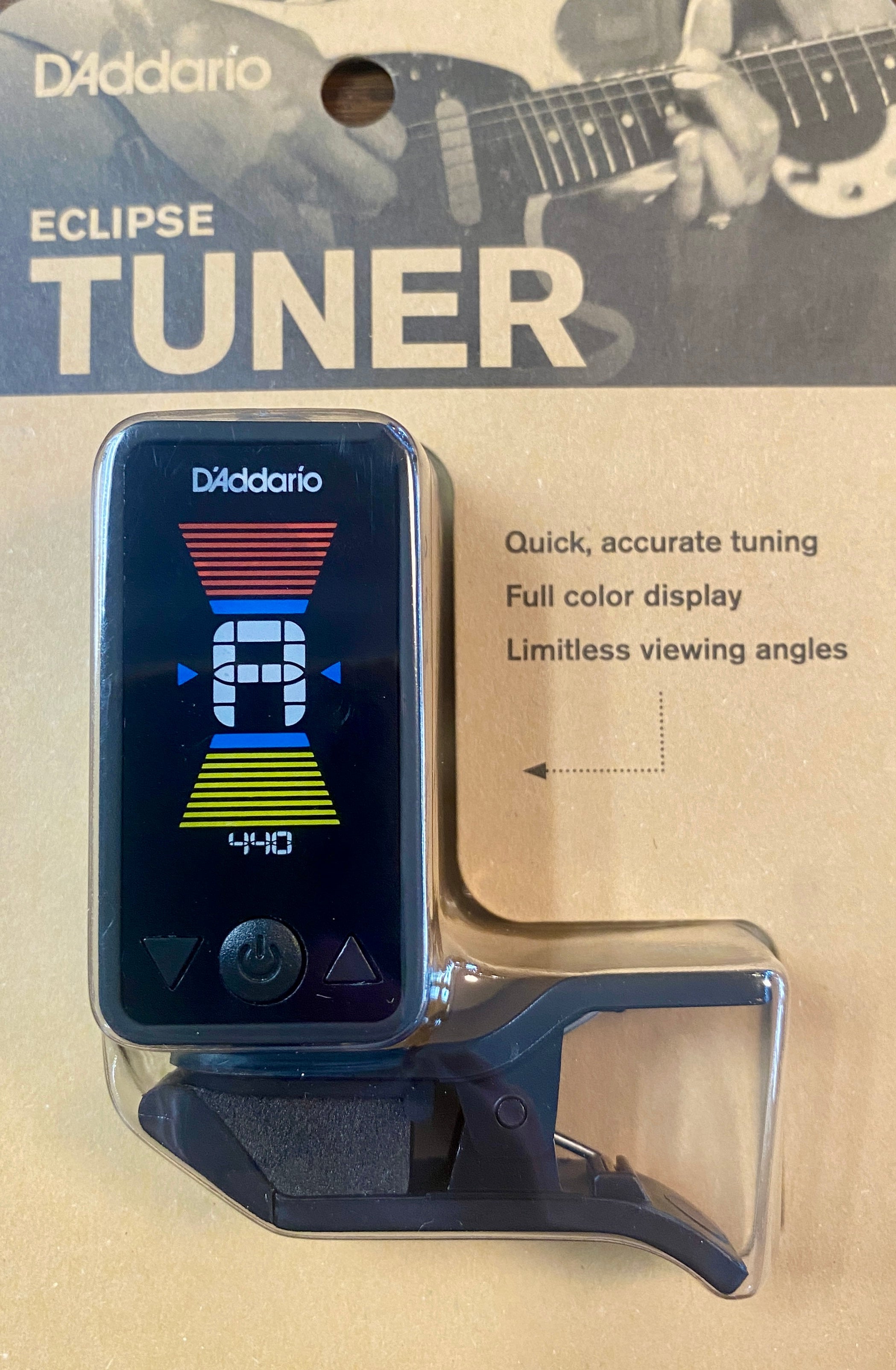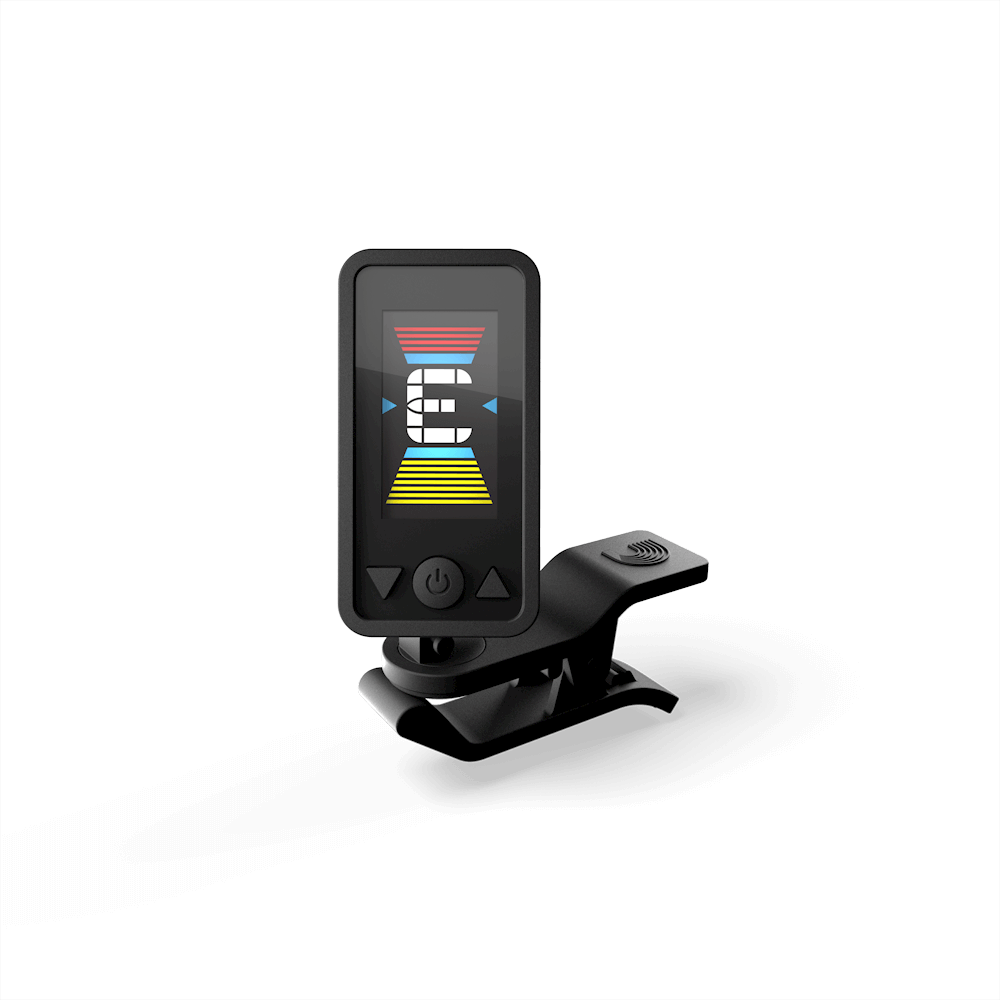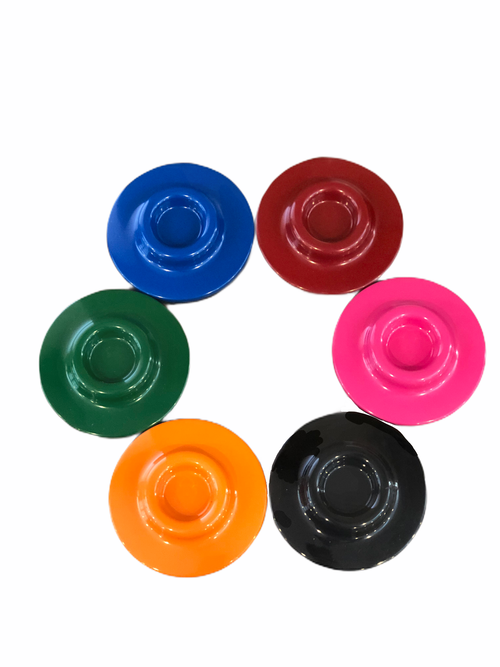When it comes to playing the double bass, one of the most important decisions a bassist must make is choosing between a French bow and a German bow. Both bow types have unique characteristics, and selecting the right one can impact your playing technique, comfort, and sound production. We'll break down the differences between French and German bows, their advantages, and how to decide which one suits your playing style best.
Understanding the Basics: French Bow vs. German Bow
What is a French Bow?
The French bow is modeled after the violin, viola, and cello bows. It has a smaller, curved frog and is played using an overhand grip, much like the way a violinist or cellist holds their bow. This grip allows for great flexibility and intricate bowing techniques.
What is a German Bow?
The German bow has a larger, deeper frog and is played using an underhand grip. This style of bowing evolved from the viola da gamba and provides excellent leverage, making it easier to produce powerful, sustained tones with minimal effort.
French Bows (left) German Bows (right)
Key Differences Between French and German Bows
Understanding the differences between these two bow types can help you determine which one might be the best fit for your playing style.

Advantages of the French Bow
The French bow is a popular choice among soloists and orchestral players who value agility and expressiveness in their playing.
✔ More control for intricate passages – The overhand grip allows for greater articulation, making it easier to execute advanced bowing techniques like spiccato and sautillé.
✔ Familiarity for string players – If you have experience playing violin, viola, or cello, transitioning to a French bow will feel more natural.
✔ Balanced sound – Offers a combination of warmth and clarity, making it versatile for many styles of music.
Best for:
-
Solo players who need expressive phrasing
-
Bassists who already play another string instrument
-
Those looking for greater bowing flexibility
Advantages of the German Bow
The German bow is often favored in orchestral settings due to its ability to produce deep, powerful tones with less physical effort.
✔ Greater leverage and power – The underhand grip provides more natural weight and force, making it easier to produce strong, sustained notes.
✔ Ergonomic grip – Some players find the underhand grip more comfortable and less straining on the wrist.
✔ Excellent for orchestral playing – Many bass sections in European orchestras use the German bow for its rich, resonant sound.
Best for:
-
Players who want more volume and depth
-
Orchestral musicians looking for a full-bodied sound
-
Bassists who find the overhand grip uncomfortable
How to Choose: French vs. German Bow
Choosing between a French bow and a German bow depends on a few key factors:
1. Your Musical Style
-
If you play a lot of solo pieces and need agility, a French bow may be the best choice.
-
If you play in an orchestra and prioritize power and resonance, the German bow might be better suited.
2. Comfort and Ergonomics
-
The French bow may feel more natural if you've played violin, viola, or cello before.
-
The German bow offers a relaxed wrist position, reducing strain during long performances.
3. Teacher Influence
-
If you're studying under a teacher who specializes in one type, they might recommend starting with their preferred bow.
4. Try Both
The best way to decide is to test both bow types if possible and see which feels more natural and comfortable. Many professional bassists switch between French and German bows depending on the repertoire and playing context.
Conclusion: Which Bow is Right for You?
Ultimately, the choice between a French bow and a German bow comes down to personal preference, comfort, and musical style. If you prioritize control, agility, and solo playing, go for the French bow. If you want power, a relaxed grip, and deep orchestral sound, the German bow might be your best bet.
Need help finding the perfect bow? Visit our shop or contact us to talk with one of our specialists to find the best fit for you!
